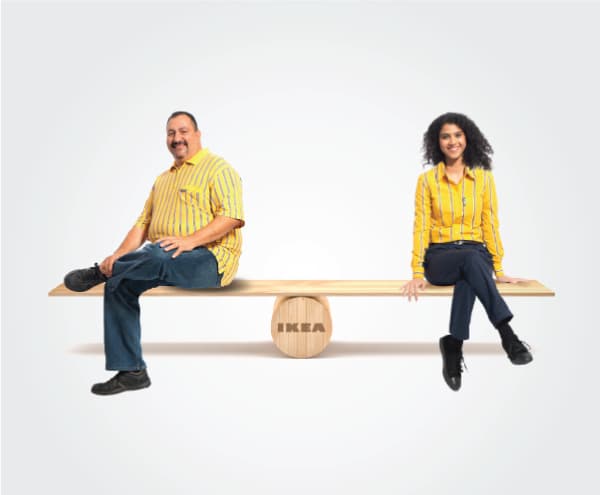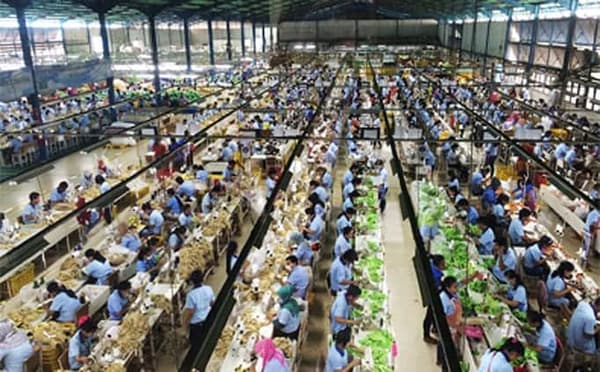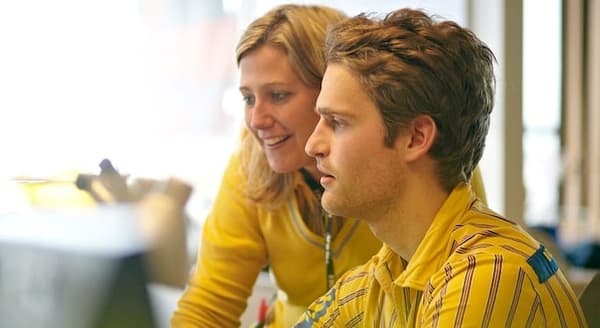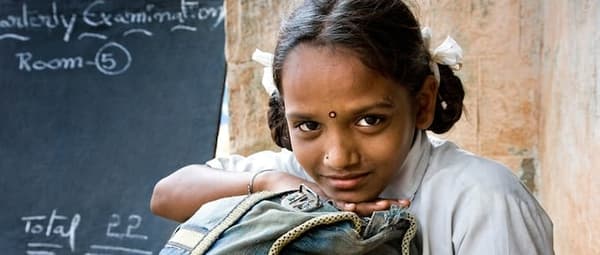Human Rights
Our vision “to create a better everyday life for the many people” includes our co-workers, customers, the co-workers of our suppliers and the communities where they live.
Nobody’s equal till everybody’s equal
Human Rights are for everyone, everyday. So our vision of “creating a better everyday life for the many people” embraces co-workers, customers, suppliers and their local communities. And, not just when we’re in the spotlight either, it’s a 365 day a year commitment. Our co-workers can expect fair treatment and equal opportunities, whatever their ethnicity, religion, gender, physical ability, sexual orientation or age. Because a level playing field brings out the best in all of us, men and women alike. And it has to be level every day, not just when it’s convenient.
Respect for human rights, based on the UN Guiding Principles on Business and Human Rights, is part of everything we do and is included in our supplier code of conduct, called the IWAY Standard.
Supporting the ethical recruitment of migrant workers
There are over 200 million international migrants across the world, with over 100 million of them working. Some leave home and succeed in finding better work and improving their quality of life. But for others, the promise of a better future can result in large debts from recruitment fees and – in the worst cases – bonded labour. At IKEA, we set clear standards for the recruitment and employment of workers through IWAY, our code of conduct. Under no circumstances do we tolerate forced labour or human trafficking. We also expect our suppliers to treat migrant workers fairly and to offer transparent employment terms and good working and living conditions.
Working together to drive change
In some countries, recruitment practices are complex and involve many different organisations, so it’s important also to work with others. IKEA has joined forces with four other companies – HP, Hewlett Packard Enterprises, The Coca-Cola company and Unilever – to drive positive change in the way that migrant workers are recruited. The Leadership Group for Responsible Recruitment will advocate for the ‘Employer Pays Principle’, which calls for all recruitment fees to be paid by the employer, not the worker.
To support our suppliers in dealing with the challenges of responsible recruitment, we are also partnering directly with the International Organization for Migration (IOM). In Southeast Asia, we have already worked together to successfully map the recruitment process from suppliers back to the workers’ home countries. We will use the findings to further support the ethical recruitment of migrant workers and to work towards creating lasting change.
Learn more about the International Organization for Migration
We’re committed to our co-workers
As a values-driven organisation, we are guided by our vision to create a better everyday life for the many people, which of course includes our co-workers. We believe our people are the inner strength of our company, so it is only right to ensure we provide a meaningful wage that supports the cost of living. Introducing the Living Wage is not only the right thing to do for our co-workers, but it also makes good business sense. This is a long-term investment in our people based on our values and our belief that a team with good compensation and working conditions is in a position to provide a great experience to our customers.
Our commitment to children runs deep
When it comes to our products and stores, we try to think from a child’s perspective. We want our products to aid their development and for our stores to become play areas, just as if they were at home. We work with experts on children’s development, to learn and understand their needs during different stages of development.
Creating long-term solutions
Preventing and eliminating child labour is a big challenge, which can only be tackled by addressing the root causes with a holistic approach. That’s why the IKEA Foundation supports UNICEF and Save the Children child rights programmes in 25,000 villages in a number of states in India and Pakistan; reaching a total of 15 million children by the end of 2017.
A clear ban on child labour
We believe that children have the right to be protected from exploitation, abuse and neglect. This is why, child labour is unacceptable to IKEA and why we work actively to prevent and eliminate it. Our child labour code of conduct, introduced in 2000, was developed in close cooperation with Save the Children and with advice from the International Labor Organization (ILO) and UNICEF.



